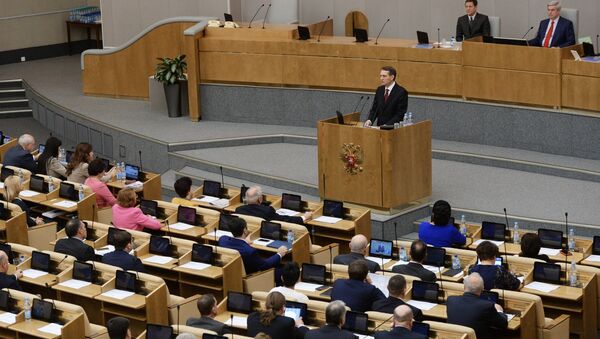The first draft law defines the concept of the organizer of instant messaging (messenger) and imposes on it the duty to ensure the service only to users identified via a mobile phone number, denying them the exchange of messages once this condition is unfulfilled.
The second bill establishes a ban on the use of information systems and programs to gain access to Internet resources blocked in Russia. The document also obliges search engine operators from providing the links to blocked resources to their users. According to the draft law, all entities subject to the law will be provided with access to Roskomnadzor list, which contains information on blocked websites. The document, though, allows legal entities to use anonymizers for business purposes.
In June, Leonid Levin, the head of the Russian parliament's lower house committee for information policy, stressed that ban on access to certain websites may be imposed only on the basis on court ruling.



